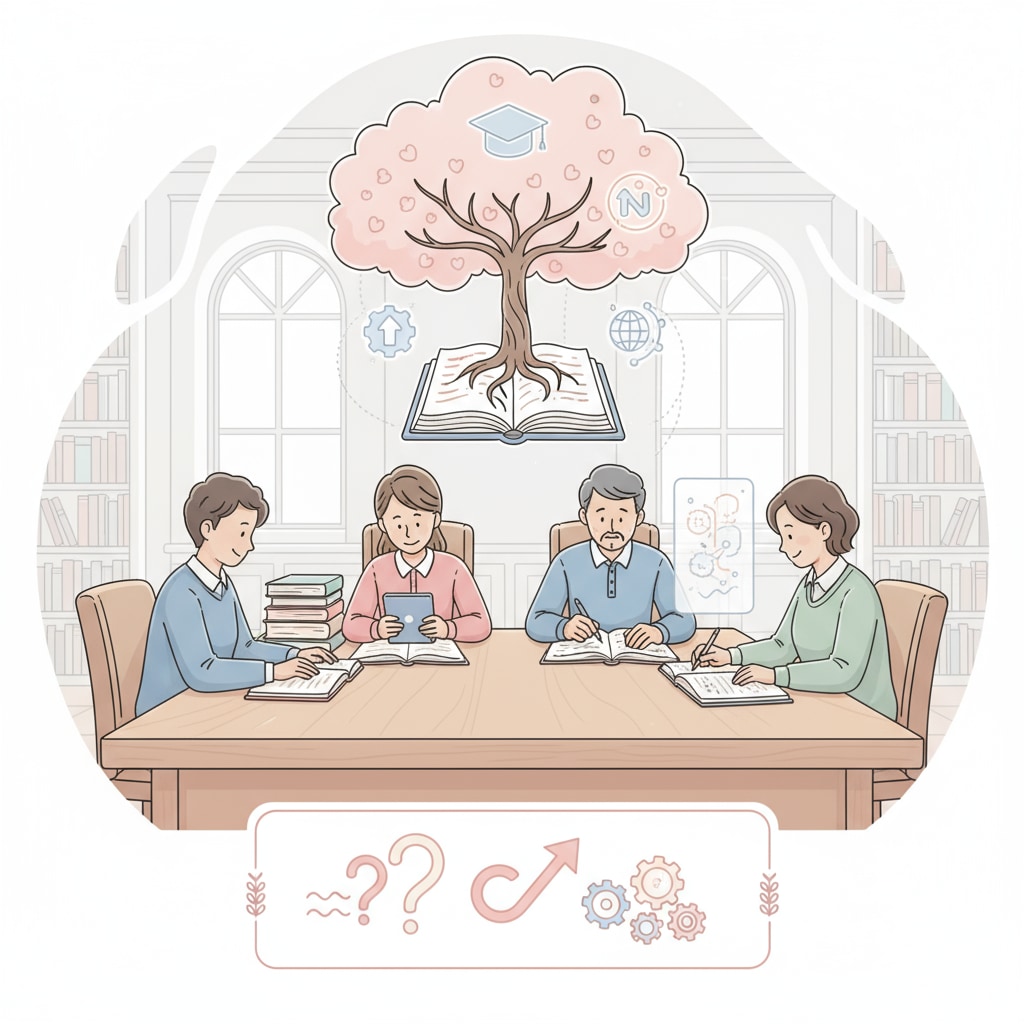Education enhancement for career choices is a crucial decision that many individuals grapple with when they reach a crossroads in their professional lives. In the modern job market, the relationship between education and career opportunities is undeniable. As people encounter limitations in their career progression, the idea of going back to school for an extra two years to enhance their qualifications often emerges. This decision, however, is not one to be taken lightly, as it involves significant investment of time, energy, and money.

The Motivation Behind Further Education
There are several reasons why individuals contemplate spending an additional two years in school. One of the primary motives is to break through career ceilings. For example, in some industries, certain positions are only accessible to those with advanced degrees. By obtaining a higher level of education, individuals can open doors to new job opportunities that were previously out of reach. In addition, further education can also enhance one’s skills and knowledge in a particular field, making them more competitive in the job market. According to Britannica, continuous learning is essential for professional growth.

The Costs Involved
Before making the decision to pursue further education, it’s vital to consider the costs. Firstly, there are the obvious financial expenses such as tuition fees, textbooks, and accommodation if studying away from home. These costs can add up significantly over two years. Moreover, there is the opportunity cost. While spending two years in school, individuals are giving up potential earnings from working. This lost income can be a substantial factor in the decision-making process. As Wikipedia’s Education Economics page explains, opportunity cost is an important consideration in educational investment.
Another aspect to consider is the time commitment. Two years is a significant chunk of time, and during this period, individuals may have to put other aspects of their lives on hold, such as starting a family or traveling. This can have both short-term and long-term impacts on personal and professional goals.
However, it’s not all about costs. The potential benefits of an extra two years of education can be substantial. With a higher degree, individuals may be eligible for higher-paying jobs, promotions, and better career stability. This can lead to a more fulfilling and prosperous professional life in the long run.
Readability guidance: The decision to pursue further education for career enhancement is complex. By carefully weighing the costs and benefits, individuals can make an informed choice that aligns with their long-term career goals. Remember, education is an investment in oneself, and the right decision can open up a world of opportunities.


